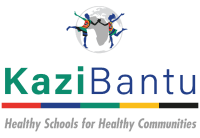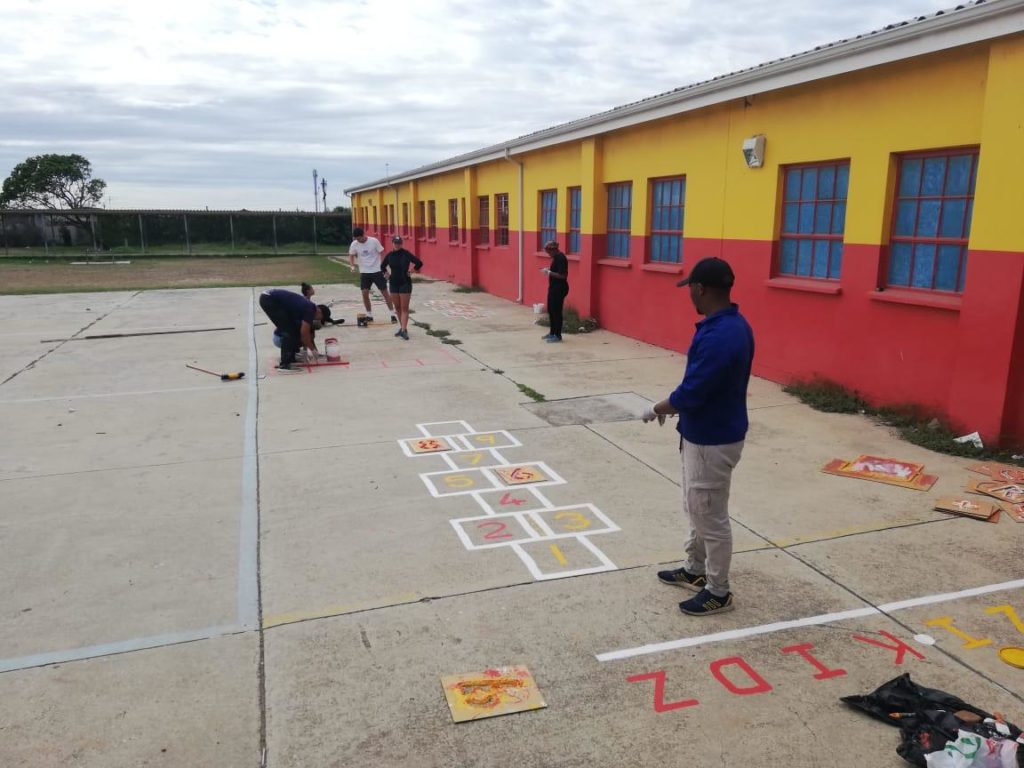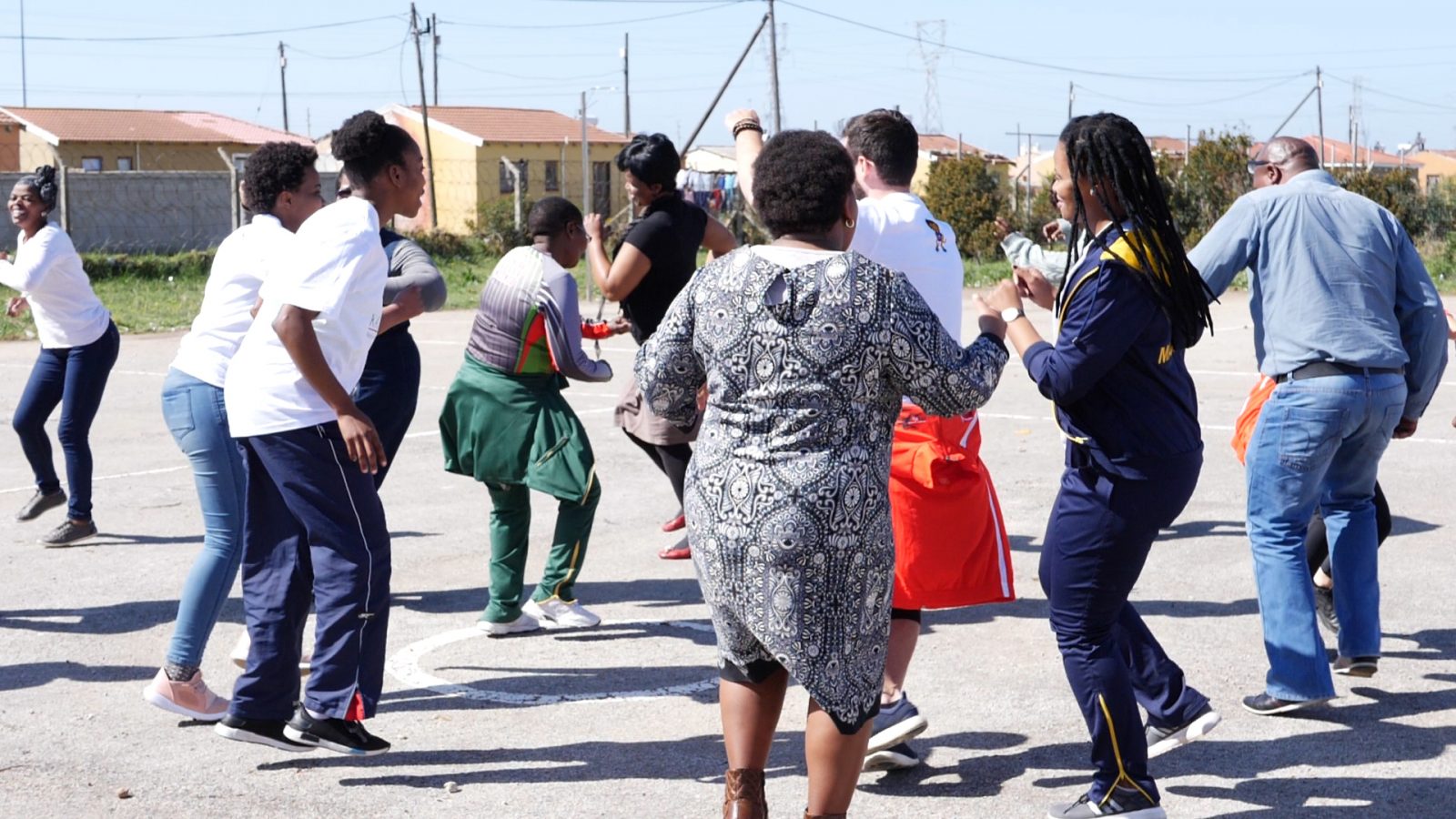Fundamental Movement Skills (FMS) are the essential building blocks of movement in early childhood. These basic motor patterns—encompassing locomotor, manipulative, and stability skills—form the foundation for specialised and advanced abilities used in organised sports, recreational games, and physical activities as children grow. Fostering proficiency in FMS is vital, as children who master these skills are more likely to engage in physical activity, maintain a healthy body composition, and develop behaviours that promote overall health and well-being. These habits can be carried into adolescence and adulthood.
FMS includes a variety of motor patterns, such as running, jumping, throwing, kicking, and balancing, all of which are crucial for laying the groundwork for more complex skills and movements in later stages of growth and development. By the age of seven, children should be proficient in these skill sets, leading to improved performance in physical activities and sports. Recognising the importance of FMS, the KaziBantu team conducted FMS testing for Foundation Phase learners (Grades 1-3) at participating Siyaphakama Schools. With the support of students from Nelson Mandela University and Siyaphakama coaches, a total of 200 children were assessed using the latest protocol from the Test for Gross Motor Development – 3rd Edition (TGMD-3). This testing protocol evaluates 13 key locomotor and manipulative skills, providing valuable insights into children’s motor abilities.
To ensure that children master these fundamental skills, it is crucial to provide ample opportunities for practice, learning, and guidance. Schools play a pivotal role in creating environments that foster these opportunities, particularly during physical education lessons. Educators can enhance their lessons by accessing supplemental resources and lesson plans available on the KaziBantu website, designed to support teaching and learning in low-resourced schools. By facilitating and encouraging the adoption of healthy behaviors through a culture of physical activity promotion and skill development, we can help children build a strong foundation for a lifetime of health and well-being.



